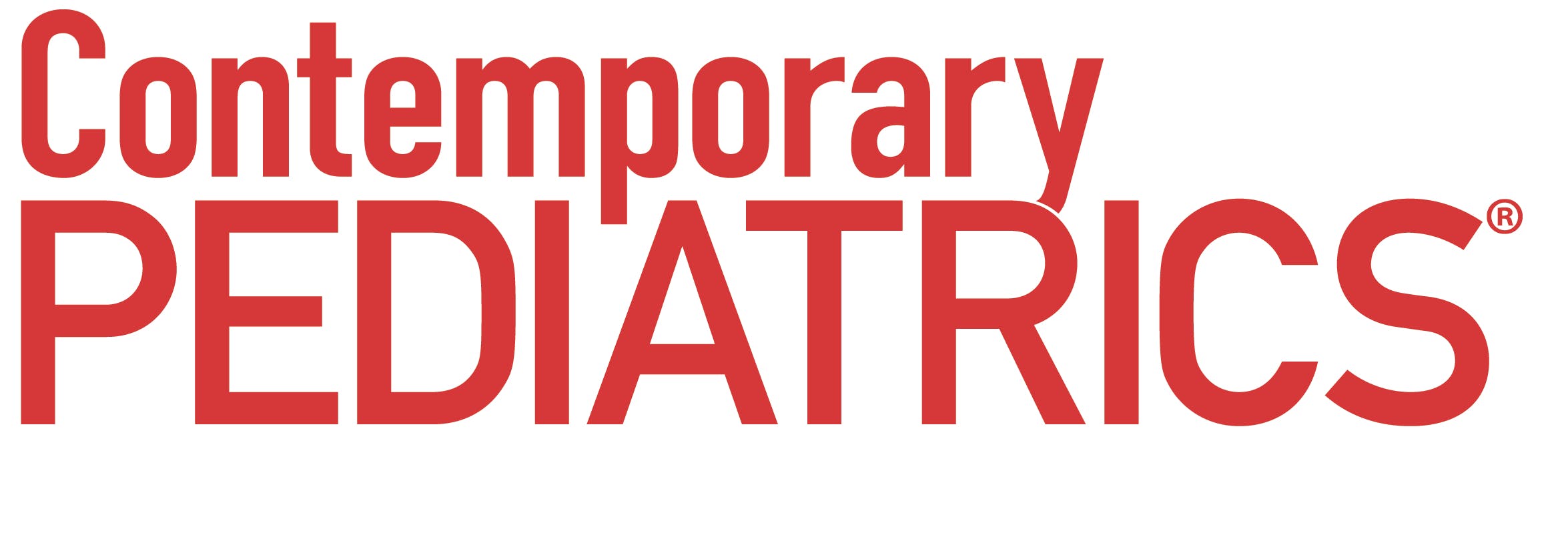ACIP gives Menactra a green light
Last month, the CDC's Advisory Committee on Immunization Practices (ACIP) dropped the other shoe: The Committee added the quadrivalent meningococcal conjugate vaccine, or simply MCV4 (marketed as Menactra)-which had been approved by the FDA only weeks earlier-to the routine childhood and adolescent immunization schedule. The new vaccine is recommended for healthy children at the 11- to 12-year-old visit and for college-bound students who plan to live in a dormitory. MCV4 should be available to pediatricians sometime this month, although the supply will be limited at first.
The vaccine confers protection against invasive disease caused by four meningococcal serogroups-A, C, Y, and W-135-as did its polysaccharide predecessor (sold as Menomune). Group C is the cause of multiple recent outbreaks of meningococcal disease in the US, and Group Y is increasing in importance here. Groups A and W-135 are not significant in the US, but are of great concern overseas. Neither MCV4 nor the polysaccharide vaccine is effective against group B, the leading cause of endemic meningococcal disease in Europe, North America, and South America.
Because MCV4 is a conjugate vaccine, it differs from the older formulation in significant ways:
Infant RSV hospitalization rates 28%, 43% lower this season vs pre-COVID seasons
May 9th 2025"These findings support Advisory Committee on Immunization Practices’ recommendations for maternal vaccination or nirsevimab to protect against severe RSV disease in infants," wrote the MMWR study investigators.


















